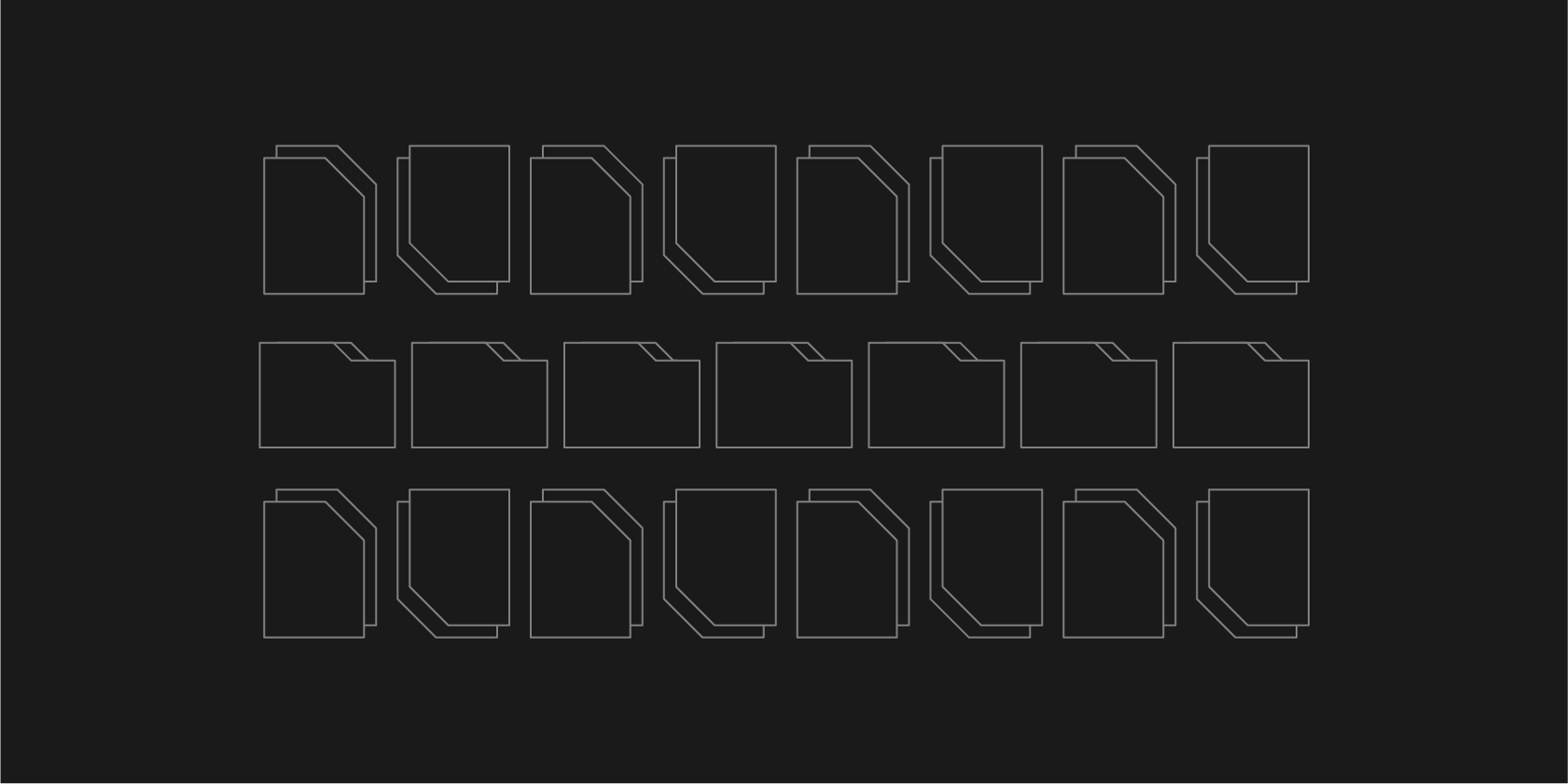Announcing Letta Client SDKs for Python and TypeScript

We've officially released our auto-generated client SDKs and unified documentation platform built with Fern. For developers using Letta, this means more reliable libraries, TypeScript support (in addition to Python), and a significantly improved developer experience across all our APIs.
Letta: The OS for Agents
Letta is the operating system for AI agents, managing state, context, and execution so developers can build intelligent applications that actually learn and improve with experience. Unlike traditional frameworks that rely on stateless APIs, Letta functions as a complete agent operating system where agents run as persistent services that maintain state across interactions, intelligently manage their context window, and access both in-context and external memory—transforming them from simple responders into systems that genuinely learn over time.
Letta’s Agents API
Letta works as a managed API service (rather than a library), so everything from creating, modifying, and interacting with agents is through a REST API that interact with a Letta server (either a self-deployed Docker image or Letta Cloud).

Since agents are lightweight services, they can easily be connected to your end-application. Letta agents can even create, modify, or invoke other Letta agents through connecting to the Letta API through their tools.
Building SDKs for the Agents API
While many early users of Letta (previously MemGPT) build applications interacting with our REST API service, we knew that most developers expected to use SDKs for building AI applications – especially given the complexity of the API.
Previously, we manually implemented our Python SDK on top of our REST API, resulting in:
- Missing features in the SDK compared to the REST API
- Slow updates when our API changed
- Documentation that often didn't match implementation
- No TypeScript support (despite many requests)
- Inconsistent experience between REST and SDK users
The result? You were likely hitting limitations, writing workarounds, or falling back to direct REST API calls rather than using our SDK.
What We Did
We took an API-first approach and now generate all client libraries and documentation from a single OpenAPI specification using Fern:
- Defined our complete API with OpenAPI as the single source of truth
- Set up Fern to generate our REST API docs, TypeScript SDK, and Python SDK
- Configured generators for our specific requirements, including streaming (server-sent events) support
See our TypeScript and Python SDK repositories and API reference.
What's Changed
For you as a developer, this means:
- Complete feature parity - anything you can do with our REST API, you can now do with our Python and TypeScript SDKs
- Multiple interaction modes - sync, async, and streaming support in all libraries
- Consistent experience between cloud and self-hosted deployments
- Developer-led language expansion - want to interact with Letta using a language we don’t yet support? Let us know by filing a GitHub Issue. With auto-generated SDKs, we can act fast to help
How It Works Now
Developers can use the Python or Node SDKs to interact with the Letta service, and easily toggle between a local Letta service or Letta Cloud:

Streaming, which was particularly complex to implement manually, now looks like this:

Both token and step streaming are supported now, as well as async messages for long-running agent invocations.
Benefits We're Seeing
For our engineering team, auto-generated SDKs have eliminated hours of manual work and bugs:
- No more SDK drift - when we update the API, SDKs automatically update
- Faster feature development - we can focus on building the API, not maintaining client libraries
- Better QA - consistent behavior across all platforms means fewer edge cases
- Improved developer feedback - we're hearing that the new SDKs "just work"
What's Next
With our Fern integration established, we're planning to:
- Improve our documentation with more examples
- Continue refining our OpenAPI specification
- Eventually add more SDK languages, like Java and Go
Check It Out
- You can explore our new auto-generated SDKs and documentation at docs.letta.com
- If you've built anything with our new SDKs, we'd love to hear about your experience (contact@letta.com or join our Discord!) And if you're considering a similar approach for your own API, we're happy to share more details about our implementation.


















